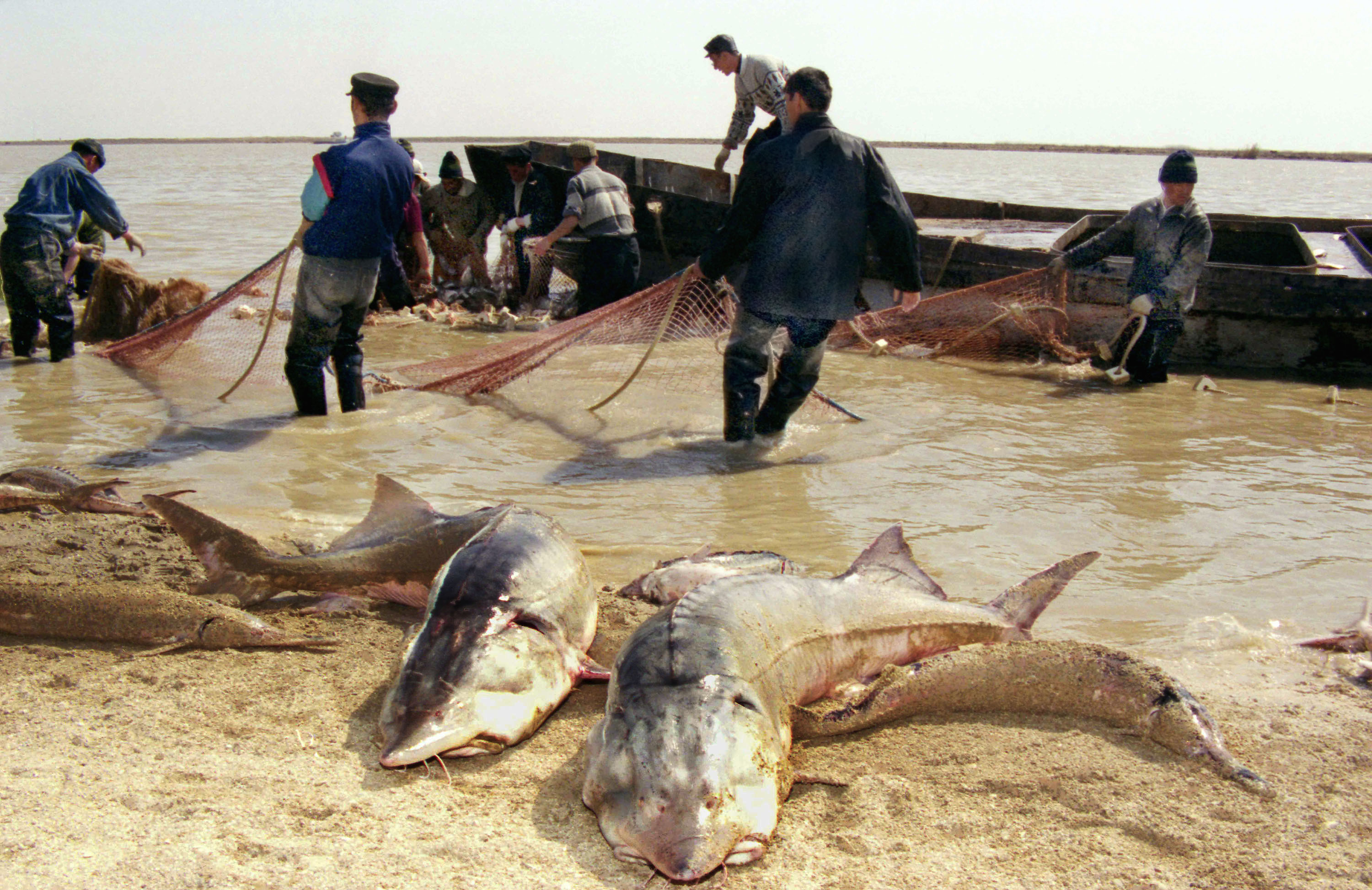ID :
369632
Tue, 06/02/2015 - 10:53
Auther :
Shortlink :
https://oananews.org//node/369632
The shortlink copeid
Agreement on Caspian Sea legal status to be ready for summit in Astana - Russian representative

TEHERAN, June 1. /TASS/. The text of the future convention on the legal status of the Caspian Sea will be submitted to the next summit of heads of Caspian littoral states due to be held in Kazakhstan next year, Russian president’s special envoy for issues of the Caspian Sea Igor Bratchikov said on Monday.
"Based on principles advanced by the presidents [of Caspian littoral states] in Astrakhan, the countries may prepare a document ahead the forthcoming summit of the heads of state," Bratchikov said at the 40th meeting of the special working group on the legal status of the Caspian Sea at the level of deputy foreign ministers. He noted that this meeting had yielded good results and participants had managed "to make very important steps."
The meeting was attended by representatives from the five Caspian littoral states - Azerbaijan, Iran, Kazakhstan, Russia and Turkmenistan - who discussed problems linked with the future convention that is to establish the legal status of the Caspian Sea and territorial rights of the littoral states.
The Caspian Sea’s legal status between Iran and the former Soviet Union was established by treaties of 1921 and 1940. The treaties provided for free navigation across the entire sea, free fishing with an exception of ten-mile national fishing areas and a ban for navigation for ships flying the flags of non-Caspian states. Under these documents, Iran enjoyed the rights for 13.8 percent of the Caspian Sea. The former Soviet Union had the rights for the rest of its territory. After the collapse of the former Soviet Union in 1991 and the following establishment of three new states, the legal status of the Caspian Sea has not been established.
The previous working group meeting was held in March 2015 in Baku.
Considerable progress in agreeing terms of the future convention was reached at the fourth summit of the Caspian littoral states that was held in Russia’s southern city of Astrakhan on September 28-29, 2014. The summit adopted a declaration signed by the five presidents, which committed to paper basic principles to be used to establish the legal status of the Caspian Sea.
The key principle is that the Caspian states will determine areas of cooperation in the region themselves, first of all in the area of security. The sides agreed that the Caspian Sea is to be free from armed forces of third countries. Navigation of ships flying the flags of non-Caspian states will be banned. The five countries also agreed the length of national zones, including sovereign and fishing zones.
The Caspian Sea is a unique water body from the viewpoint of biological resources and the ecological environment. The sea’s natural resources comprise more than 500 species of plants and 854 fish species, of which 30 belong to commercial fishery stock. The sea also contains about 90 percent of the world’s sturgeon stock.
The sea’s anticipated hydrocarbon reserves are estimated at 18 billion tonnes of fuel equivalent (proven reserves - up to four billion tonnes). The Caspian Sea is second in terms of oil and natural gas reserves after the Persian Gulf. The main spheres of economic development and co-operation in the Caspian are extraction of commercial minerals, navigation and fisheries.
Read more





